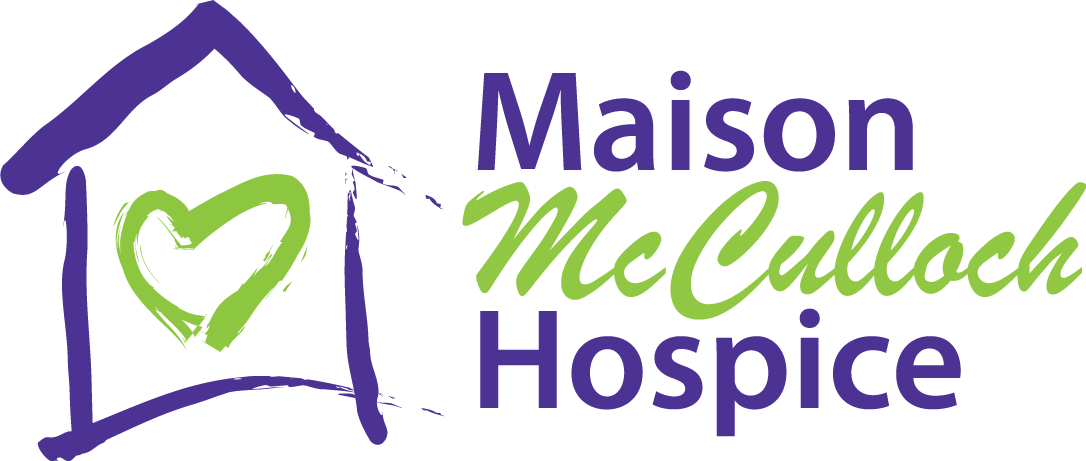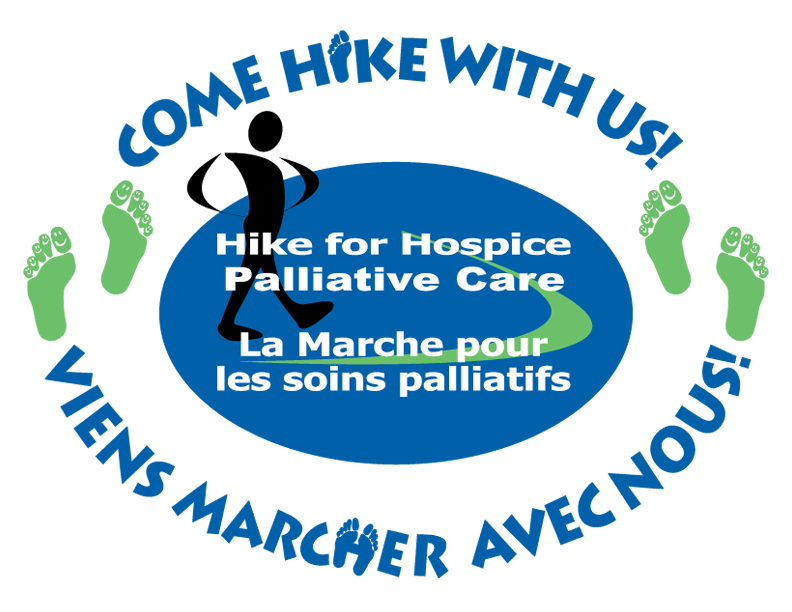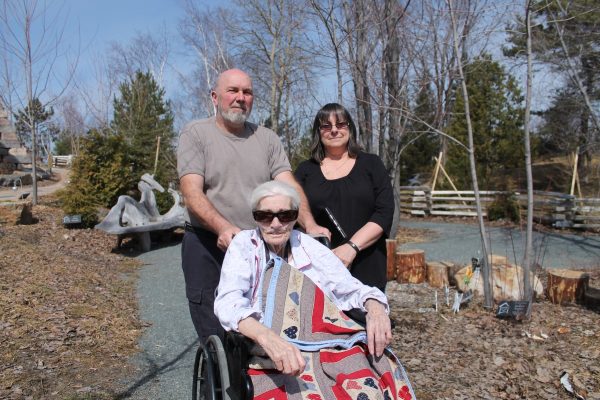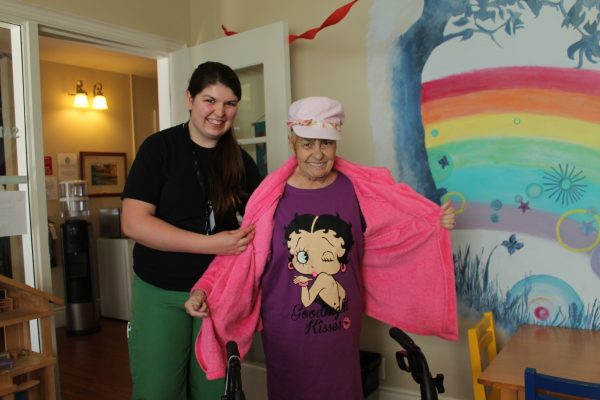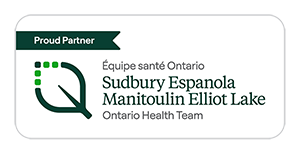The following guiding principles guide all aspects of hospice palliative care at Maison McCulloch Hospice:
1. Resident/Family Focused. As residents are typically part of a family, when care is provided, the resident and family are treated as a unit. All aspects of care are provided in a manner that is sensitive to the resident’s and family’s personal, cultural, and religious values, beliefs, and practices, their developmental state, and preparedness to deal with the dying process. The focus is on caring, not curing, and on neither hastening nor postponing death.
2. High Quality. All hospice palliative care activities are guided by:
- The ethical principles of autonomy, benificence, nonmaleficence, justice, truth-telling, and confidentiality.
- Standards of practice that are based on nationally-accepted principles and norms of practice, and standards of professional conduct for each discipline.
- Policies and procedures that are based on the best available evidence or opinion-based preferred practice guidelines.
- Data collection/documentation guidelines are based on validated measurement tools.
3. Safe and Effective. All hospice palliative care activities are conducted in a manner that:
- Is collaborative.
- Ensures confidentiality and privacy.
- Is without coercion, discrimination, harassment, or prejudice.
- Ensures safety and security for all participants.
- Ensures continuity and accountability.
- Aims to minimize unnecessary duplication and repetition.
4. Accessible. All residents and families have equal access to hospice palliative care services:
- Wherever they live.
- At home, or within a reasonable distance from their home.
- In a timely manner.
5. Adequately Resourced. The financial, human, information, physical, and community resources are sufficient to sustain the organization’s activities, and its strategic and business plans. Sufficient resources are allocated to each of the organization’s activities.
6. Collaborative. Each community’s needs for hospice palliative care are assessed and addressed through the collaborative efforts of available organizations and services in partnership.
7. Knowledge-Based. Ongoing education of all residents/clients, families, caregivers, staff, and stakeholders is integral to the provision and advancement of quality hospice palliative care.
8. Advocacy-Based. Regular interaction with legislators, regulators, policy makers, healthcare funders, other hospice palliative care providers, professional societies and associations, and the public is essential to increase awareness about, and develop, hospice palliative care activities and the resources that support them. All advocacy is based on the Canadian Hospice Palliative Care Association’s model to guide hospice palliative care.
9. Research-Based. The development, dissemination, and integration of new knowledge are critical to the advancement of quality hospice palliative care. Where possible, all activities are based on the best available evidence. All research protocols comply with legislation and regulations governing research and the involvement of human subjects in effect within the jurisdiction.
